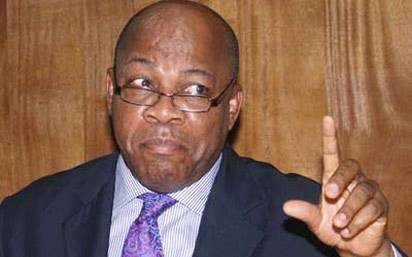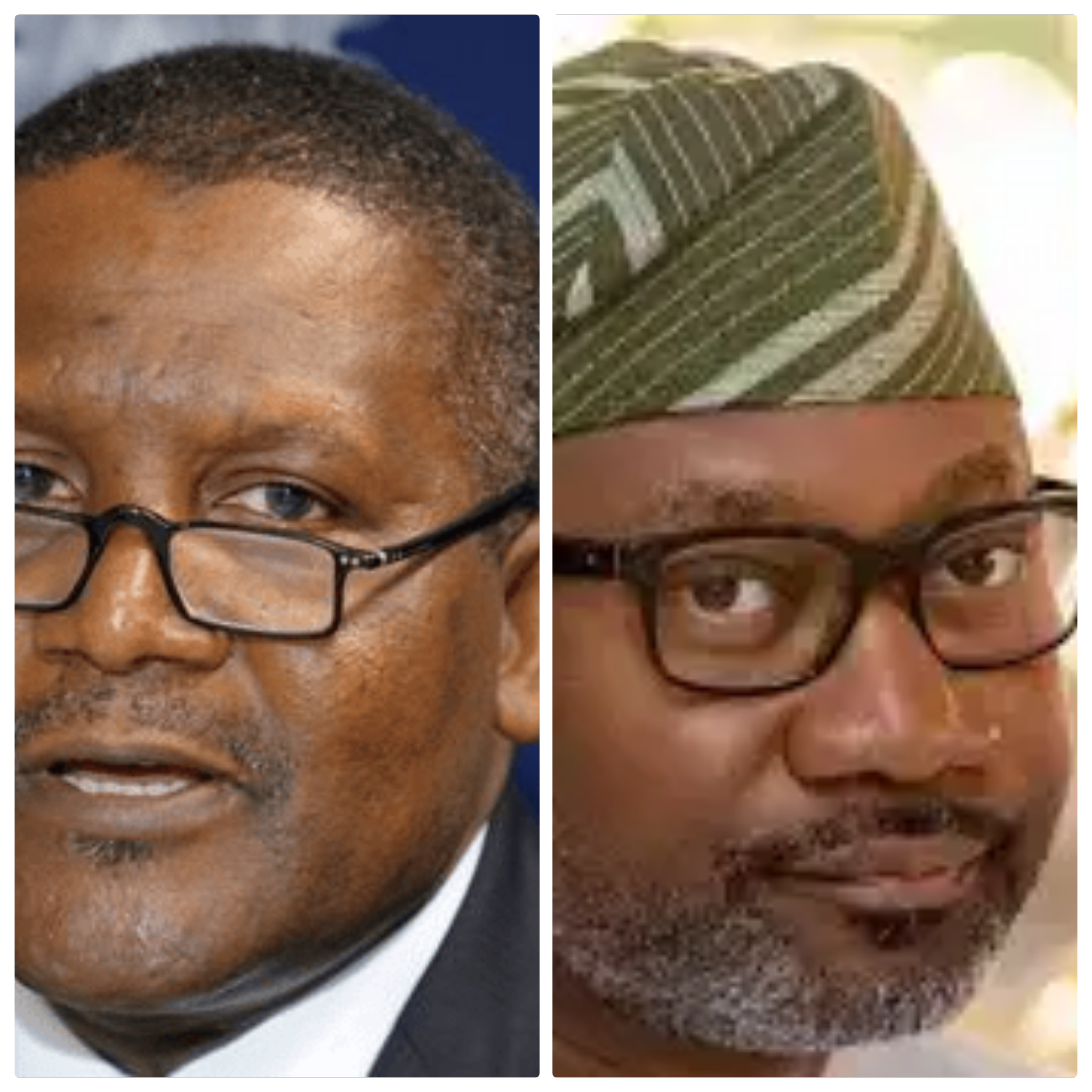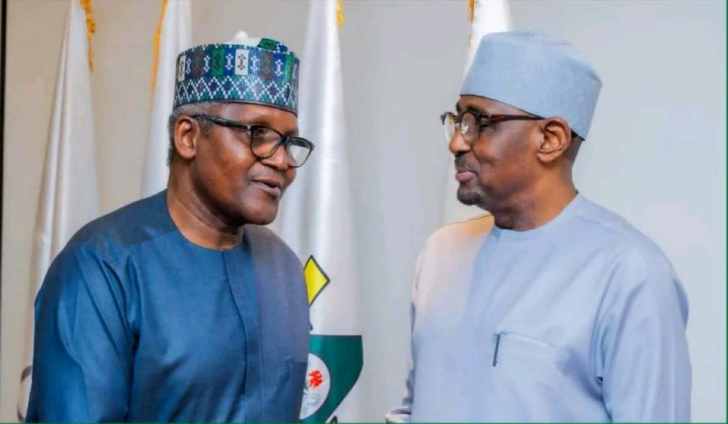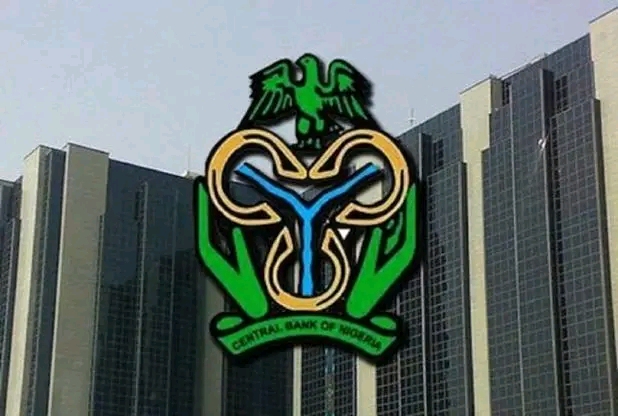Economy
How public debt hit $91.46bn, despite generating $1trn in 40 yrs — Agbakoba

IduwiniVoice
How public debt hit $91.46bn, despite generating $1trn in 40 yrs — Agbakoba
By Tobouke JEMINE
The human rights activist and senior lawyer, Dr. Olisa Agbakoba, SAN, yesterday, highlighted that Nigeria’s public debt has surged to $91.46 billion (N121.67 trillion).
Despite the potential to generate $1 trillion over 40 years, various issues like the exclusion of Nigerians from key value chains, weak local content law enforcement, foreign agreements, tax avoidance, and corruption have contributed to this debt rise.
Agbakoba recommended measures to increase Nigerian participation in sectors like legal services, shipping, banking, insurance, drilling, oil field services, and engineering within the oil and gas industry.
In his presentation, titled ”The Paradox of Nigeria’s Oil and Gas Industry: A Policy Paper”, at an engagement with the media in Lagos, Agbakoba, said: “Over the past 40 years, the cumulative revenue from oil and gas has exceeded $1 trillion, an amount that should have been sufficient to transform the nation’s economy and infrastructure.
“Yet, Nigeria consistently resorts to borrowing, with the total public debt standing at N121.67 trillion ($91.46 billion) as of March 31, 2024, according to the Debt Management Office, DMO.
“There are 36 value chains related to crude oil exploration, with at least seven crucial ones largely excluding Nigerian participation: Legal, shipping, banking, insurance, drilling, oil field services, engineering and construction.
“Over $1 billion worth of legal work is lost to foreign firms annually due to a perception of superior expertise and international experience.
“Nigerian shipping companies are not engaged to ship crude oil products due to the absence of a legal framework for developing a national fleet of vessels, leading to significant loss of potential revenue and employment opportunities.
“Funds from crude oil production are often domiciled in foreign banks, sometimes held for months before remittance to the Central Bank of Nigeria, depriving Nigerian banks of substantial business and the economy of potential multiplier effects.
“The Nigerian insurance industry plays a very insignificant and limited role in the oil and gas Industry.
”No major Nigerian insurance underwriters cover risks for the over 25,000 foreign vessels in Nigerian cabotage waters or the over 1,000 oil rigs in Nigerian waters, representing a massive loss of premium income for the Nigerian insurance sector.““Nigerian companies are often excluded from major drilling contracts, with these lucrative opportunities primarily going to foreign firms.
“The oil field services sector, which includes activities such as seismic surveys, well completion, and production optimization, is dominated by international companies, limiting opportunities for Nigerian businesses.
“Large-scale engineering and construction projects in the oil and gas sector are frequently awarded to foreign companies, despite the potential for local capacity building and job creation if Nigerian firms were more involved.
“Despite the existence of laws like the Coastal and Inland Shipping (Cabotage) Act 2003, Nigerian Oil and Gas Industry Content Development Act, Cabotage Act, and Merchant Shipping Act, Nigerian participation in key industries remains limited.
“Incorporation of foreign agreements often excludes Nigerian laws and designates adjudication forums outside Nigeria, contradicting local content policies.
“The complexity of these contracts often puts Nigerian entities at a disadvantage due to limited expertise in international oil and gas law.
“The use of foreign legal frameworks has sometimes resulted in unfavorable outcomes for Nigeria in international arbitrations.
“The current structure heavily favors IOCs, resulting in a significant portion of revenues leaving the country.
“IOCs often have more bargaining power in negotiations with the government due to their technical expertise and financial resources.
“The dominance of IOCs has led to a lack of technology transfer and skill development among local companies.”
He said: “Oil rig companies have formed a cartel for tax avoidance, with NIMASA confirming they do not collect tax from oil rigs. This represents a massive loss of potential government revenue.
“The revenue attributable from oil rigs is estimated at N3 trillion yearly, approximately 15% of the national budget. The loss of this revenue significantly impacts the government’s ability to fund development projects and public services. The practice of tax avoidance by these companies creates an uneven playing field and discourages compliant companies”
Economy
ALIKO DANGOTE IS A TITAN THAT GOD CREATED SPECIALLY FOR MANKIND – FEMI OTEDOLA

ALIKO DANGOTE IS A TITAN THAT GOD CREATED SPECIALLY FOR MANKIND – FEMI OTEDOLA
By Tobouke JEMINE
Following the recent dispute between the Dangote Refinery and some regulatory agencies, the Nigerian business mogul , philanthropist, former chairman of Forte Oil PLC, and current executive chairman of Geregu Power PLC, has punched in in defence of Aliko Dangote.
Read his reaction below:
My brother, the Visionary, has built the largest single train refinery in the world, not in Kano, but in Lagos State. He is the owner of the second-largest sugar refinery in the world, also in Lagos State, and the largest cement factory in the world, not in Kano, but in Kogi State.
Additionally, he has established one of the second-largest fertilizer plants in the world, soon to surpass the biggest one in Qatar, also in Lagos State. Furthermore, he has built a fertilizer plant in Lagos that already exports globally. Aliko Dangote is a titan that God created specially for mankind.
Aliko Dangote is also the largest private sector employer of labor in the country, and his companies are among the largest taxpayers. In fact, the Dangote Group often pays more in taxes than the top banks combined.
If not for him, we would still be importing cement. His contributions extend beyond industrial facilities to critical infrastructure, having built major roads such as the Apapa Oshodi-Owonrosoki Express Road, Wharf Road, and the Obajana-Kabba Road.
Countries in the nascent stages of industrialization require visionary leaders. This is why it’s no surprise that the United States was built by the vision and tenacity of a few remarkable individuals—Cornelius Vanderbilt, John D. Rockefeller, Andrew Carnegie, J.P. Morgan, and Henry Ford—THE MEN WHO BUILT America’s industrial landscape.
These men left the world without these assets but left behind a legacy that has kept their country thriving generation after generation. Their contributions were immortalized not in the material wealth they amassed but in the enduring institutions and industries they established. These visionaries were also supported by their government, which recognized the importance of fostering local champions.
Similarly, today’s tech giants like Microsoft and Tesla received substantial support from the US government. For example, in January 2010, the Department of Energy issued a $465 million loan to Tesla Motors to produce specially designed, all-electric plug-in vehicles and to develop a manufacturing facility in Fremont, California to produce battery packs, electric motors, and other powertrain components for powering these innovative vehicles. This initiative is part of broader efforts, such as the federal EV-charging program supported by the infrastructure law known as the National Electric Vehicle Infrastructure program, or NEVI.
In India, the government has been instrumental in supporting business titans like Gautam Adani and Mukesh Ambani. Their companies have received significant backing to grow and expand, contributing substantially to India’s economic growth and global business footprint.
There are also records of emerging market countries like Vietnam, South Africa, Brazil, and China where their governments have supported local businesses to jump-start industrialization. In Vietnam, the government has provided various incentives to tech companies, fostering a rapidly growing technology sector.
In South Africa, government support for the mining industry has been crucial in maintaining its global competitiveness. Brazil has seen substantial government investment in its agricultural sector, transforming it into one of the world’s leading food exporters. In China, government backing for companies like Huawei and Alibaba has propelled them to global leadership in technology and e-commerce.
In Nigeria, we have our own titans, and it is imperative that we recognize and support them. Aliko Dangote has broken every boundary in worldwide business and industry. His contributions are not just a testament to his brilliance but a beacon of what is possible when vision meets opportunity. Supporting local champions like Dangote is crucial for our national development and economic independence. Let us continue to foster and support these visionaries who drive our nation’s progress…
Economy
REPS CALL FOR SUSPENSION OF NMDPRA BOSS OVER ALLEGATIONS AGAINST DANGOTE REFINERY

REPS CALL FOR SUSPENSION OF NMDPRA BOSS OVER ALLEGATIONS AGAINST DANGOTE REFINERY
By Tobouke JEMINE
The House of Representatives has called for the suspension of Farouk Ahmed, CEO of the Nigerian Midstream and Downstream Petroleum Regulatory Authority (NMDPRA), pending an investigation into his statements about Dangote Refinery.
This decision follows a motion by Esosa Iyawe, representing Esosa Federal Constituency, Edo State. Iyawe highlighted concerns over fuel quality in the Nigerian market, emphasizing the impact of high sulphur content on engines and pollution.
Contrary to Farouk’s claims that Dangote’s diesel is inferior with high sulphur content, tests showed Dangote’s diesel has significantly lower sulphur levels compared to imported diesel.
Lawmakers criticized Farouk’s statements and are investigating his allegations and the presence of middlemen in crude trading.
Economy
CBN TO BANKS: Transfer Funds in Dormant Accounts/ Unclaimed Balances to Us

IduwiniVoice
By Tobouke JEMINE
The Central Bank of Nigeria (CBN) has directed all banks and other financial institutions to transfer funds in all dormant accounts to the apex bank.
A circular issued by CBN Ag. Director of Financial Policy and Regulations, Mr. John Onoja, yester night revealed that accounts that have remained untouched for 10 years and above would be affected.
It said, “The provisions of this guideline shall apply to all financial institutions under the purview of the Central Bank of Nigeria.”
According to the circular, the objectives of this move, among others, were to identify unclaimed balances in dormant accounts, and financial assets with a aim to reuniting them with their beneficial owners; keep the funds in trust for the beneficial owners; standardize the management of dormant accounts and unclaimed balances, and financial assets; establish a standard procedure for reclaiming warehoused funds.
It added, “Eligible accounts are dormant account balances that have remained with the FIs for a period of ten (10) years and beyond.
“Eligible dormant accounts/unclaimed balances and other financial assets shall include: current, savings, and term deposits in local currency; Domiciliary accounts; deposits towards the purchase of shares and mutual investments; and prepaid card accounts and wallets.
“Government Owned Accounts; Proceeds of uncleared and unpresented financial instruments belonging to customers or non-customers of FIs; Unclaimed salaries and wages, commissions, and bonuses; Proceeds of stale local and/or foreign currency drafts not presented for payment by beneficiaries; Funds received from a correspondent bank without sufficient details as to the rightful beneficiary and/or a recall of funds made to the remitting bank to which the Nigerian bank account had not been debited.
“A judgment debt for which the judgment creditor has not claimed the amount of judgment award; and any other deposits or financial assets that may be designated by CBN.”
According to the CBN, the following classes of dormant accounts/financial assets are exempted: Accounts that are subject of litigation; A judgment debt for which the judgment creditor has not claimed the amount of judgment award and the case is still active in court; Accounts under investigation by a regulatory authority or law enforcement agency; and encumbered accounts, including, but not limited to, collateral and loans.
© Source: 2024 Vanguard Media Limited, Nigeria
